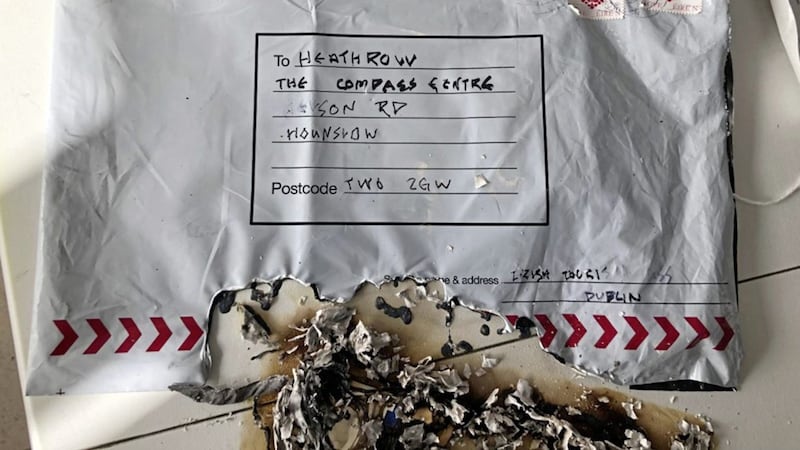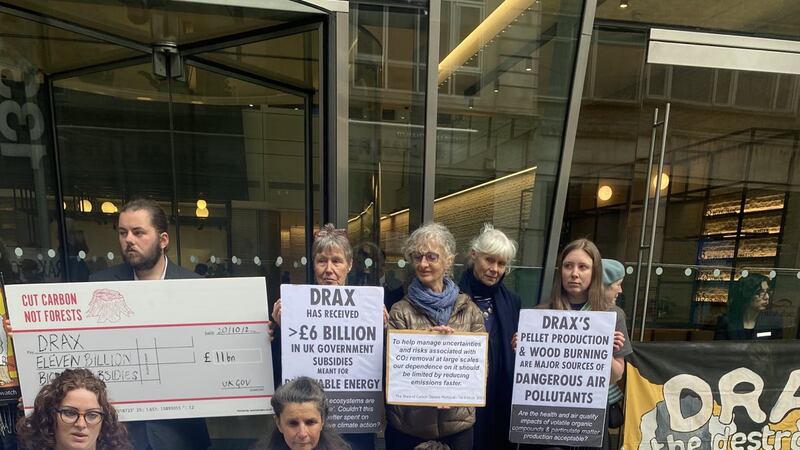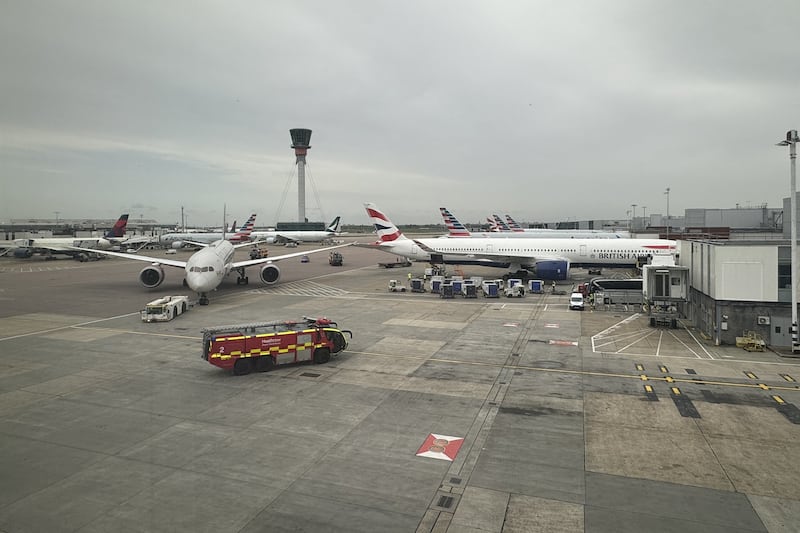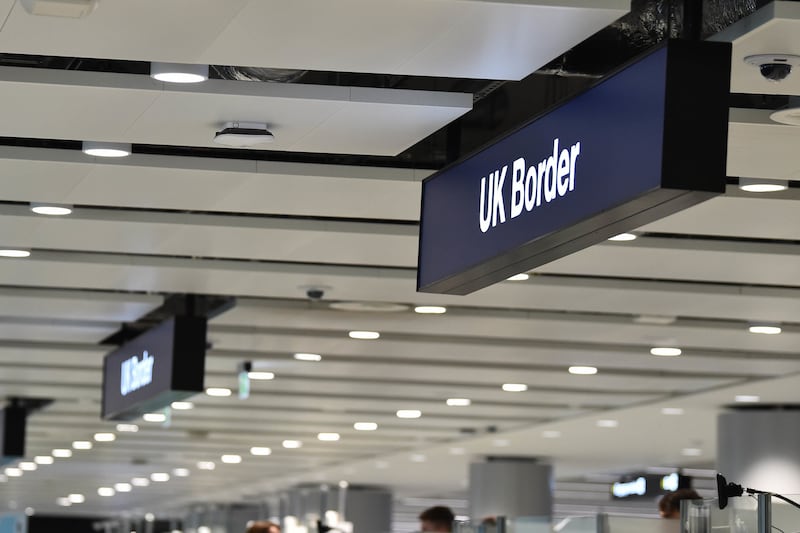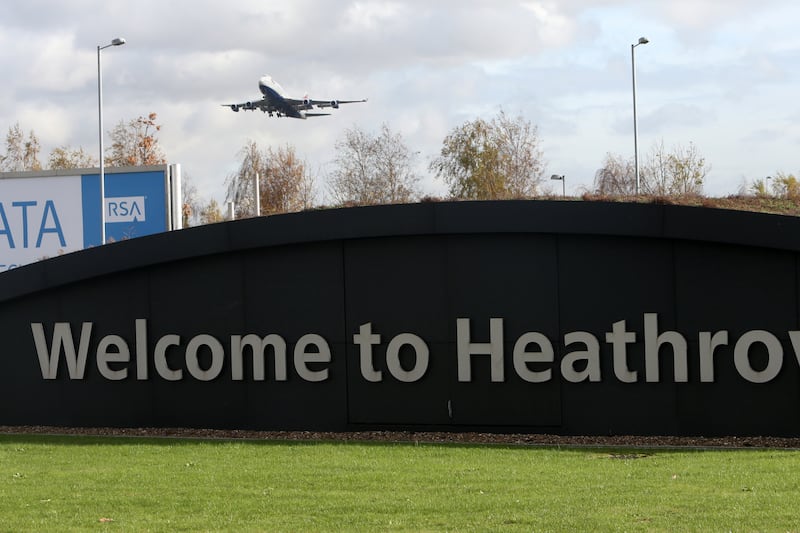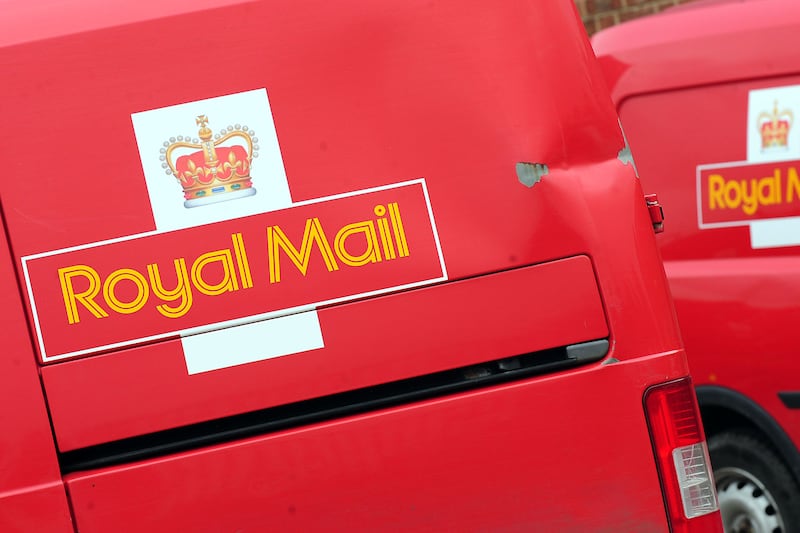POLICE investigating parcel bombs sent to London and Glasgow are linking the packages to those sent to British Army Recruitment Centres.
Detectives want to hear from postal workers who may have come into contact with the devices, sent via post to major transport hubs in the British capital as well as to Glasgow University between March 1 and March 22, Scotland Yard said.
On March 5 three packages containing small incendiary devices were delivered to transport hubs in London.
The following day, a fourth package was recovered at the University of Glasgow.
On March 22, a fifth package was recovered, having been returned to a postal depot in Co Limerick.
This package has since been forensically examined and is being treated as part of the same series.
A group calling itself the IRA, known to police as the New IRA, claimed responsibility for the earlier packages and said a fifth had also been sent.
Further analysis of the five packages has been carried out by forensic experts and, due to particular similarities between the devices and the methodology, the investigation teams are now formally linking the packages to those sent to various British Army Recruitment Centres in 2014.
Deputy Assistant Commissioner Dean Haydon, senior national coordinator for the UK's Counter Terrorism Policing, said: "Our inquiries continue, but clearly a key element of the investigation now is the link between the devices previously sent in 2014, and the five sent earlier this year.
"As with any investigation, we will be led by the evidence, but at this stage, our principal line of inquiry is that the devices were sent by a violent dissident republican group.
"The devices that were sent not only put their intended recipients in danger, but also endangered the lives of all those who handled and processed the parcels both in the Republic of Ireland as well as the UK.
"This was an extremely dangerous and reckless act and I would urge anyone who may have information about those responsible to contact police."
"We are looking to identify any postal workers who may remember handling any of the packages between March 1 and March 22.
"We have recovered forensic evidence following examination of the devices.
"You may have information that could help us with our investigation and it would also help with our forensic inquiries to be able to eliminate anyone who may have innocently come into contact with any of the five parcels after they were posted."
A joint police investigation into the packages involves the Metropolitan Police Service Counter Terrorism Command, Police Scotland, the PSNI and An Garda Síochána.
A Garda statement said: "This extremely dangerous and reckless act endangered the lives of innocent persons and could have caused serious harm to anyone handling these devices."
The force said postal workers and members of the public had already provided beneficial information to detectives.
It added: "Further to these ongoing inquiries, it is still possible that members of the public may have information that could help us with our joint investigation and An Garda Síochána want to identify any person, postal workers or other persons, in Ireland who may remember collecting/seeing the parcels around March 1 2019 from postal delivery locations within Ireland.
"The investigation to date has recovered forensic evidence, and An Garda Síochána and our partner agencies are keen to eliminate any person who may have innocently come in to contact with the parcels."
